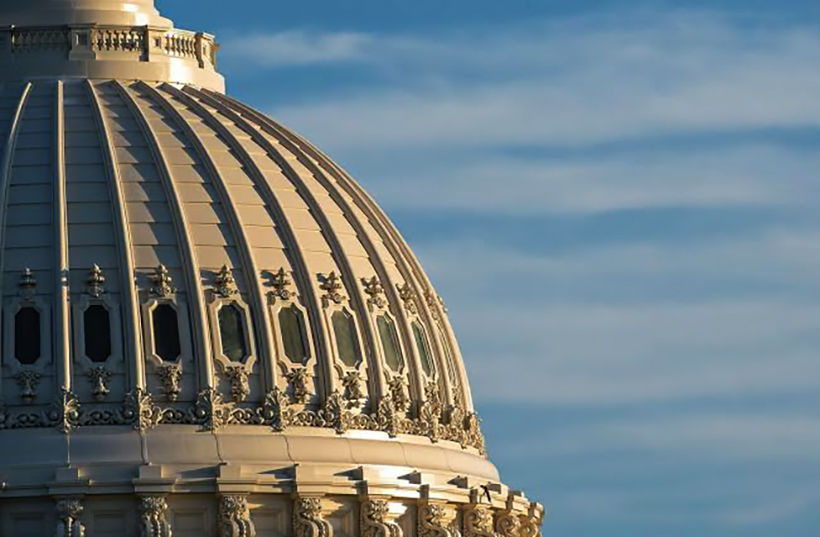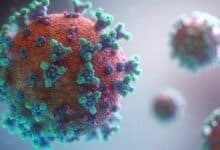Washington imposes travel ban, quarantines

In a dramatic reversal, the Trump administration yesterday announced severe travel restrictions and quarantines that officials say are meant to limit the spread of the Wuhan Coronavirus. The move is an about-face after the government initially downplayed the potential risks.
The administration declared a national public health emergency and, from tomorrow at 5pm, will bar all non-citizens who recently visited China from entering the United States.
The Secretary for Health and Human Services says the administration is establishing mandatory quarantines for all Americans who visited China’s Hubei province within the past 14 days, and requiring screening and self-quarantines for all other Americans who recently visited China.
The new measures, which appear unprecedented on such a scale, are part of the rapidly evolving and occasionally disjointed international approach to the growing health scare, partly because officials are learning that the virus is much harder to detect than initially thought and can be transmitted by people who show no symptoms. New cases were reported Friday in the United Kingdom and Russia, and Canada confirmed its fourth case.
Robert Redfield, director of the Centers for Disease Control and Prevention, sought to reassure the public:
“This is a serious health situation in China, but I want to emphasize that the risk to the American public currently is low. Our goal is to do all we can do to keep it that way. Right now, there’s a lot of unknowns.”
Officials say the new restrictions are temporary but did not say when they might be lifted. Meanwhile, major US airlines that travel to China, American Airlines, United Airlines and Delta, announced they are suspending flights to the country, in some cases until late March. The length of these cancellations shows governments and businesses are preparing for much longer-term interruptions than initially thought, raising the possibility of a sizable impact on the global economy. Many Chinese businesses remain closed, and China is a top trading partner of a number of countries.
Anthony Fauci, director of the National Institute of Allergy and Infectious Diseases, says that the process for testing people for the coronavirus has proven very imprecise and this is one of the reasons for the aggressive US response.
“We still have a low risk to the American public, but we want to keep it at a low risk. There “are so many unknowns here.”
The coronavirus emerged in China in early December, and so far has killed 259 people, all in China, and infected more than 9,800 people in at least 24 countries. There have been more than 100 cases reported outside of China, including 20 in Thailand. At least 12 people with the virus have not recently traveled to China and were infected by other people.
The number of confirmed cases has surpassed the SARS outbreak of 2002-03, but the new virus appears less deadly. Studies have estimated that each infected person spreads the virus to two to three other people.
On Thursday, the US State Department issued a “do not travel” advisory for China, the department’s highest warning level, which previously had only been in place for the Hubei province where the outbreak began.
President Donald Trump himself so far has remained uncharacteristically muted on the coronavirus and praised China’s response to the outbreak. On Wednesday, he tweeted out photos of his Situation Room briefing and said his administration was “working closely with China” to contain the outbreak.
SOURCE: The Washington Post
Latest Thailand News
Follow The Thaiger on Google News:


























